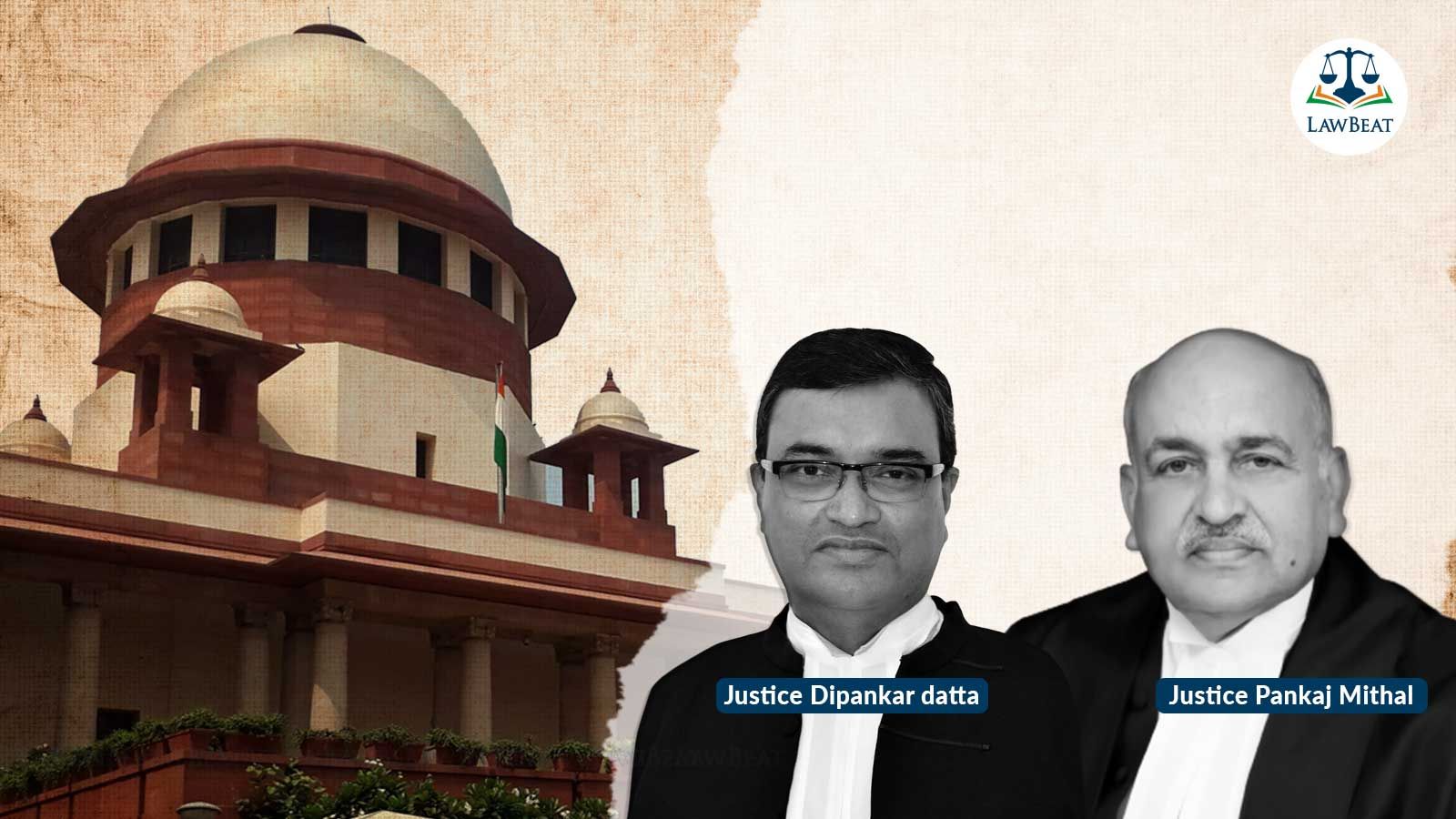Possessory title acquired after agreement to sell can't be disturbed by transferer: Supreme Court

Possessory rights of the prospective purchaser cannot be invaded by the transferer or any person claiming under him, top court has held.
The Supreme Court has held that an agreement to sell may not be regarded as a transaction of sale or a document transferring the proprietary rights in an immovable property but the prospective purchaser having performed his part of the contract and lawfully in possession acquires possessory title.
This is liable to be protected in view of Section 53A of the Transfer of Property Act, 1882. The said possessory rights of the prospective purchaser cannot be invaded by the transferer or any person claiming under him, a bench of Justices Dipankar Datta and Pankaj Mithal said.
The apex court also declared any such practice or tradition such as general power of attorney prevalent would not override the specific provisions of law which require execution of a document of title or transfer and its registration so as to confer right and title in an immovable property of over Rs 100 in value.
"In connection with the general power of attorney and the will so executed, the practice, if any, prevalent in any State or the High Court recognising these documents to be documents of title or documents conferring right in any immovable property is in violation of the statutory law," the bench said.
The apex court made these significant observations while dismissing an appeal filed by Ghanshyam, who lost in three courts below against Yogendra Rathi with regard to a suit property in Delhi.
It found that the plaintiff-respondent has rightly been held to be entitled for a decree of eviction with mesne profits, as it did not find any error or illegality in the decision.
The plaintiff-respondent here instituted a suit for eviction and for mesne profits on the averment that he is the owner of the property by virtue of an agreement to sell of April 10, 2002, power of attorney, a memo of possession and a receipt of payment of sale consideration as well as a “will” of the defendant appellant bequeathing the said property in his favour.
The possession of the suit premises here was handed over to the plaintiff-respondent pursuant to the agreement to sell. Subsequently on the request of the defendant-appellant the plaintiff-respondent allowed the defendant-appellant to occupy the ground floor and one room on the first floor of it for a period of three months as a licencee. The defendant appellant failed to vacate the suit premises despite expiry of the licence period and termination of licence by a notice of February 18, 2003.
The defendant-appellant contested the suit on the ground that those documents have been manipulated on blank papers. But he did not dispute the execution of any of them or that the possession memo was not executed or that the sale consideration as per the agreement was not paid.
The court, however, said no doubt, agreement to sell is not a document of title or a deed of transfer of property by sale and as such, may not confer absolute title upon the plaintiff-respondent over the suit property in view of Section 54 of the Transfer of Property Act, 1882.
Nonetheless, the agreement to sell, the payment of entire sale consideration as mentioned in the agreement itself and corroborated by the receipt of its payment and the fact that the plaintiff-respondent was put in possession of the suit property in accordance with law as is also established by the possession memo on record. This goes to prove that the plaintiff-respondent is de-facto having possessory rights over the suit property in part performance of the agreement to sell, it said.
"This possessory right of the plaintiff-respondent is not liable to be disturbed by the transferer, i.e., the defendant-appellant. The entry of the defendant-appellant over part of the suit property subsequently is simply as a licencee of the plaintiff respondent. He does not continue to occupy it in capacity of the owner," the court noted.
The court declared the appellant is simply a licencee and the licence having been terminated, he has no right to remain in possession but to restore it to the person having rightful possessory title.
